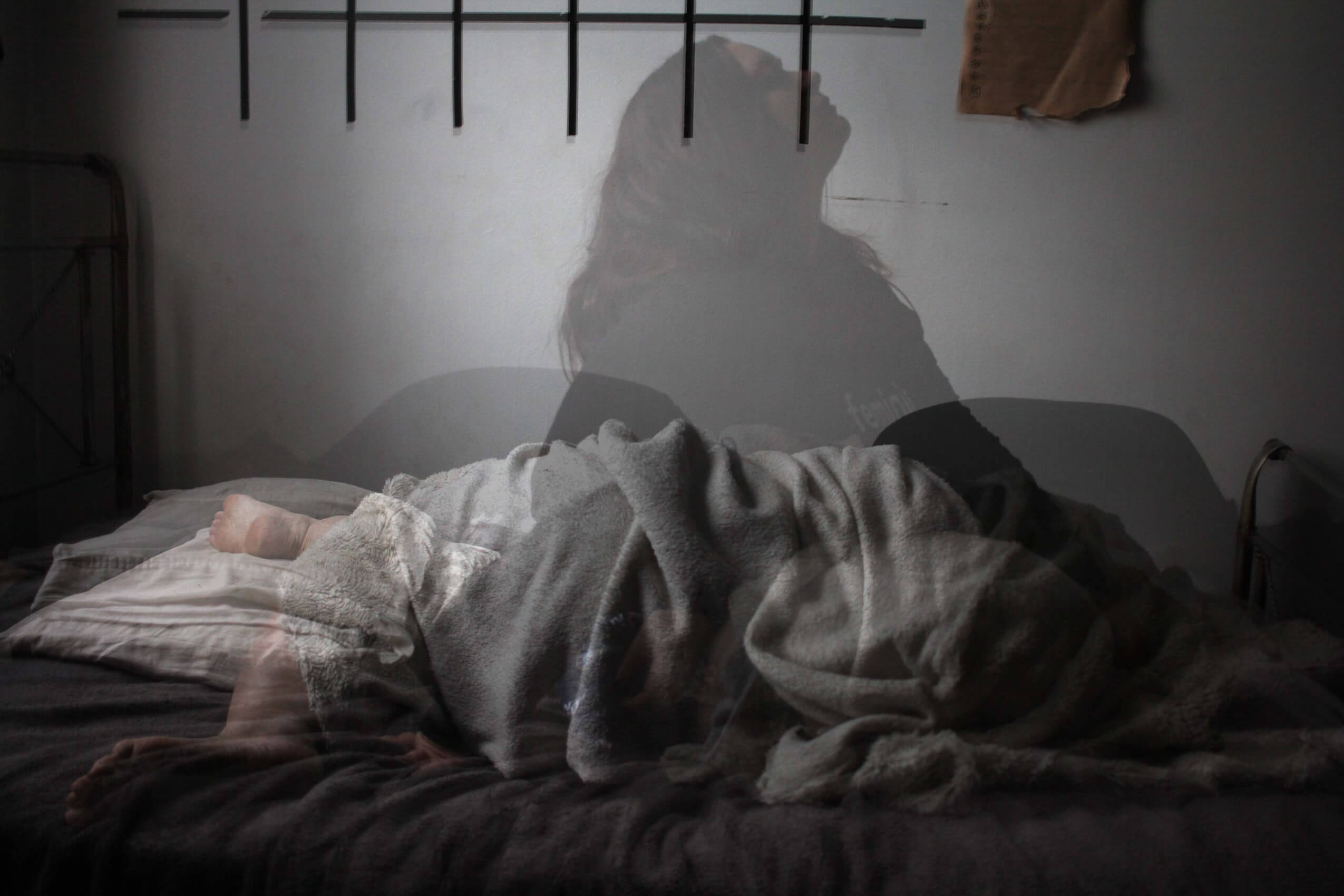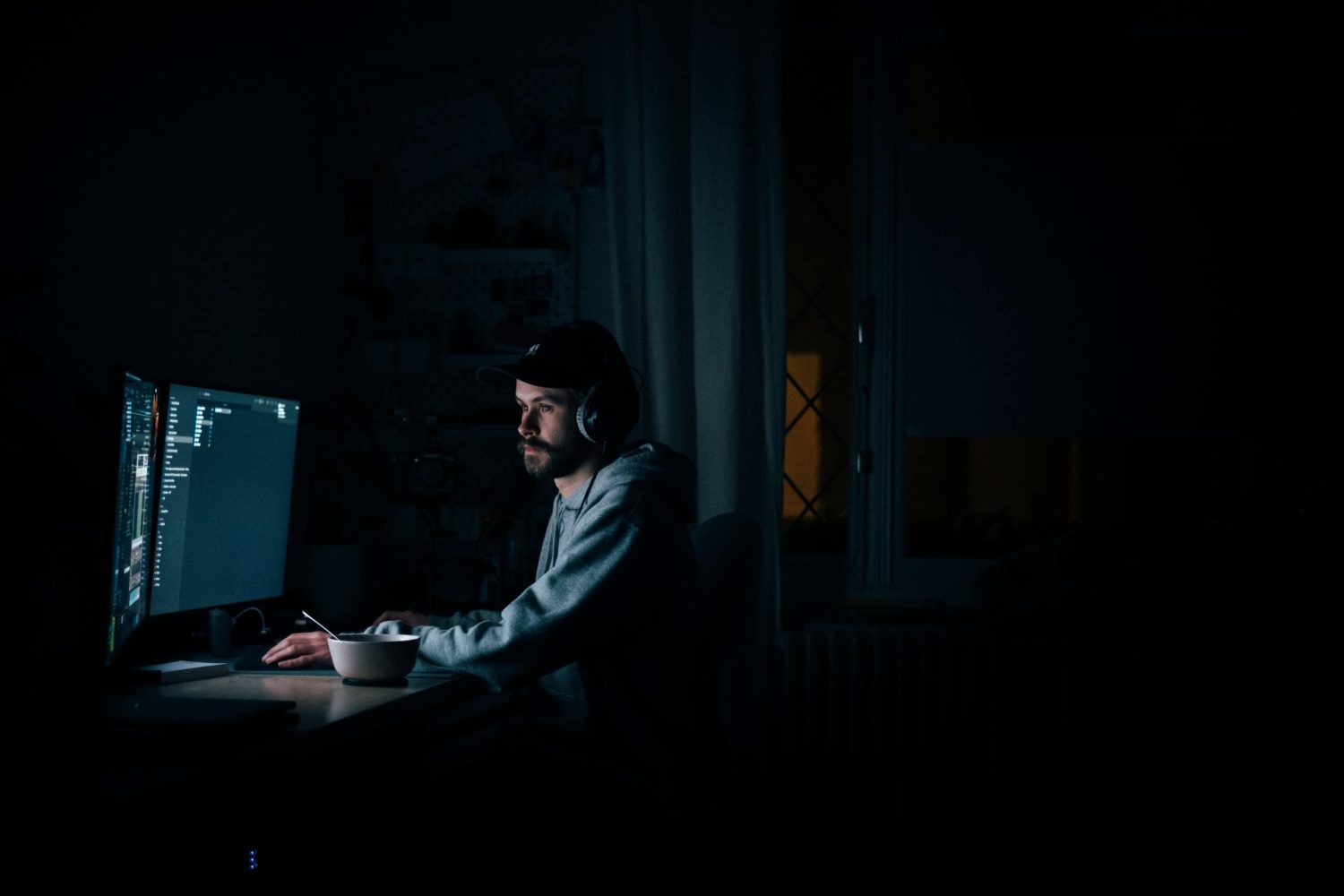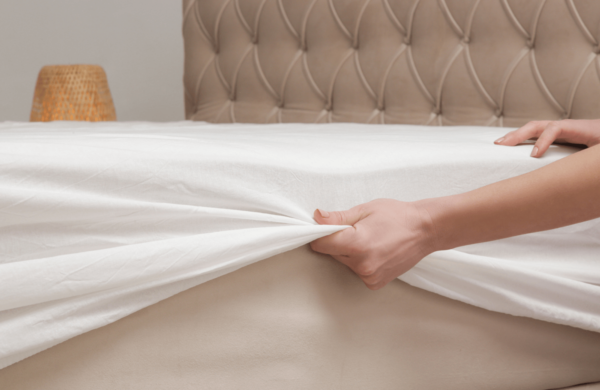Why is it so hard to get to sleep in our modern world?
We are living in an age where information is at our fingertips and we are connected to the modern world and those around us constantly. Mobile technology has enabled us to communicate more, to access others easily, to be more available and logged in all the time. Many now seem to wonder; why is it so hard to sleep in a modern world?
These days we all have a mobile device – it’s not a generational thing either. Our Granny’s have iPads, our kids have tablets and our teenagers have smartphones. We are able to get hold of almost anything at almost any time and the world is more accessible that it has ever been before.
But is all of this a good thing?! Or is this level of connectivity contributing to our sleep problems more than ever??


For some, perpetual connectivity comes with constant pressure. Pressure to be available, pressure to look and behave like those perceived to be looking and behaving perfectly, pressure to eat certain things, go certain places and have specific things.
This quest for perceived perfection has taken over many of our lives and is taking its toll on our mental health and affecting our ability to sleep. Ever heard that saying ‘the grass is always greener’? Well, social media allegedly tells us what everyone else is up to but a lot of what we see is not actually real life – just a filtered version of the good parts.
Modern technology has jumped in leaps and bounds in recent decades with mobile devices getting smarter, TV’s getting bigger, screens becoming more real and in the midst of all of this, have we stopped to wonder if maybe this level of exposure is detrimental to our health?
How we sleep at night has never been more important when faced with the modern world we live in.


Way back when, before electricity and artificial lights, our physiological selves woke with the sun, experienced an active waking lifestyle during daylight houses and felt sleepy with its setting, shutting down our homeostatic drives ready for restorative sleep.
Our circadian rhythms were in tune with the regular cycle of light and dark dictated to by the passing of day and night. Now we are exposed to light from the moment we wake to long after dark in the form of our phones, computers, tablets and other devices. This prolific and prolonged exposure to light must be having an effect of our sleep quality too, right?
How does light exposure affect sleep?
Light exposure, especially the blue light many of our screens use, has been found to hinder melatonin production and can keep us alert when we really should be starting to feel tired. The average time spent in front of a screen must be at an all-time high and it’s no wonder many of us are feeling sleep anxiety.
Scrolling through your phone before bed, working on your tablet in the evening or even watching TV before you go to sleep can all affect your bodies circadian rhythms and obstruct our ability to produce melatonin – that helpful hormone that helps us to feel sleepy.
Rather than inducing tiredness, light is stimulating and gets us ready for action, not ready for bed!
Why can’t I sleep?
With so much going on around us all the time, it’s no wonder our brains sometimes struggle to switch off at the end of a busy day. Bad habits such as reading work emails late at night, scrolling through our social media news feeds and even reading on tablets and e-readers before bed expose us to light at a time when our bodies should be feeling sleeping and powering down for the night.
Let’s look at some of the reasons you may be struggling to sleep at night.
Devices
Our screens, and we all have them in our homes, emit light which receptors in our eyes respond to. Messages are sent down our optical nerves to the brain telling us if they’re perceiving light then it must not be time to go to sleep yet. Our circadian rhythms are sent completely out of whack and melatonin, that wonderful sleep-inducing hormone, production is hindered.
Try turning off your device a couple of hours before bed to reduce eye strain and avoid those stimulating short wavelength blue light rays. If you find you are unable to switch off, consider buying some blue light glasses to help with this by filtering out much of the blue light waves.
Mental health issues
Worryingly many of us are being diagnosed with mental health conditions such as anxiety, depression, bipolar and eating disorders, at a rate that seems to be increasing. We are faced with so much more information than ever before that this can add to feelings of inadequacy, pressure and anxiety.
Juggling life and work can be challenging for many adults, or for teenagers, school and homework. Work-related stress can make it difficult to switch off leading us to spend longer at our computers and other devices, increasing this already high level of light exposure.
Meditation and breathing techniques are strategies you can use to try to relax and unwind and get your mind ready for sleep. See our blog ‘How to get to sleep fast’ for more information on techniques to help power down.
Obesity
Our modern world not only makes technology accessible to all, but food availability has increased too. When we are surrounded by fast food restaurants, microwave meals and food deliveries to your door 24/7, it’s no wonder more of us are overweight that ever before.
The NHS predicts that at least 25% of UK adults are classed as obese. With obesity comes a variety of health issues which range from increased risk to certain conditions such as diabetes and poor heart health, mental health problems including depression and even some types of cancer. Being overweight can also adversely affect your sleep quality by causing you to snore or worse, give you sleep apnoea – where you stop breathing during your sleep.
How we sleep at night affects how we feel during the day too, where those of us having lower quality sleep may tend to feel sluggish and lack motivation during the day. Sleep deprivation disrupts our hormone production too and can lead us to over-eat by not being able to feel full and to crave sugary foods in larger portions that normal, perpetuating this cyclical pattern of being overweight and struggling to sleep.
To ensure a good quality nights sleep, try maintaining a healthy diet with plenty of fruit and veg and exercise regularly to give yourself the best possible chance of a healthy body and healthy sleep.
How to get to sleep fast
To sum up, there are steps you can take to improve your sleep quality and duration and help with sleep anxiety.
- Maintain a healthy diet
- Exercise regularly
- Fix your sleep schedule
- Limit your device use
- Set your room temperature to cool
… and read our blog of course – ‘How to get to sleep fast!’






